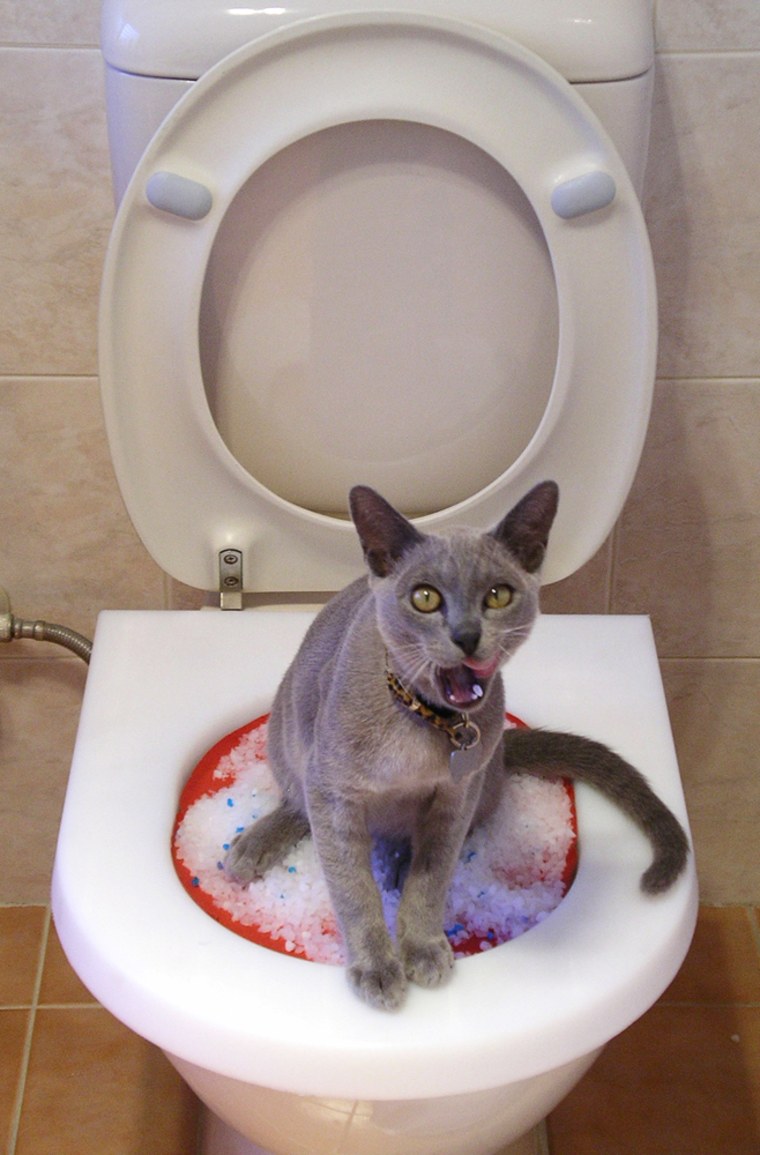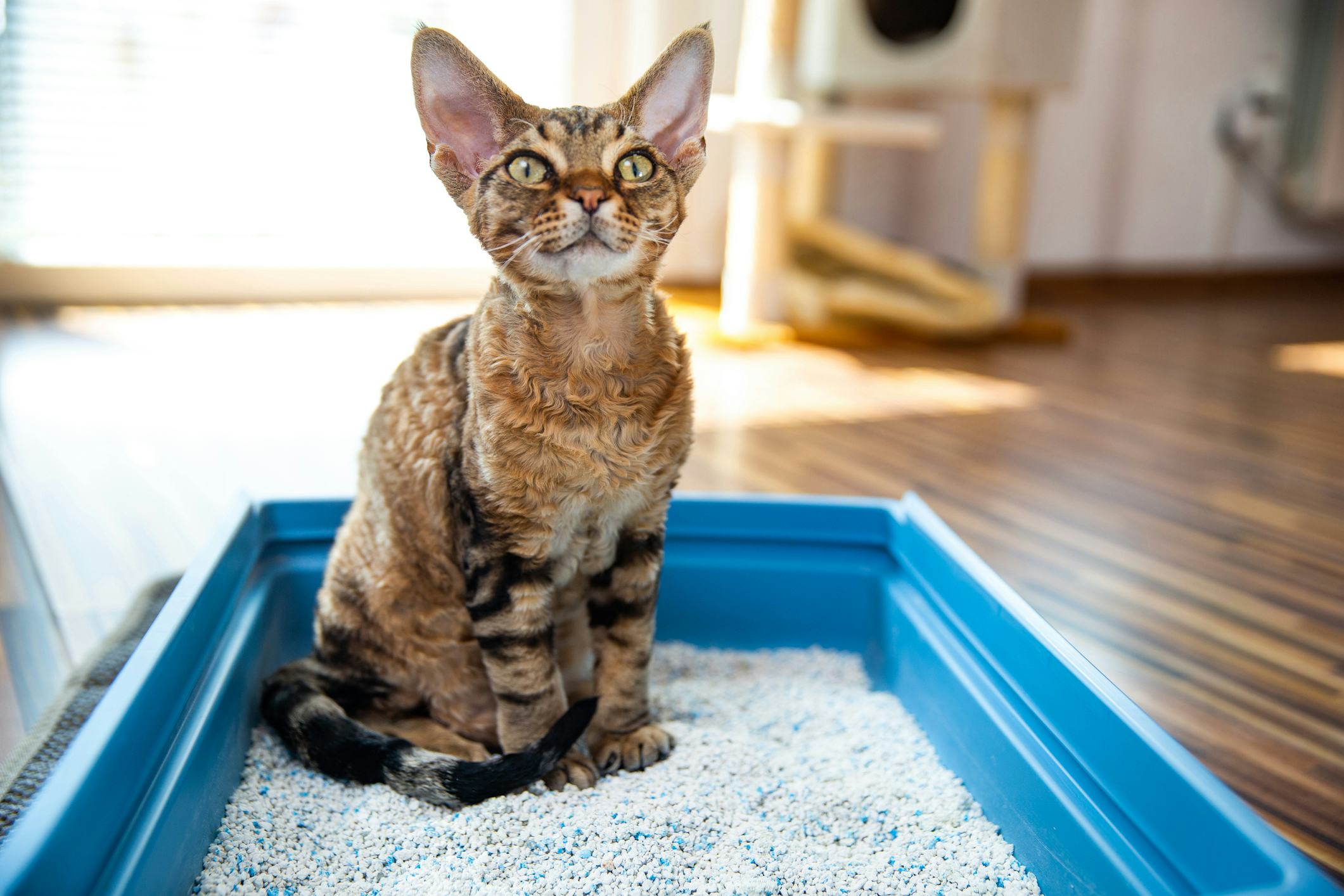Do you find yourself interested in selective information around Can You Flush Dog and Cat Poo Down the Toilet??

When it involves throwing away waste, particularly animal waste, many individuals usually turn to the hassle-free option of flushing it down the commode. Nonetheless, this apparently very easy service can have major effects for the atmosphere and public health. In this write-up, we'll check out why flushing animal waste down the commode is a negative idea and give alternate approaches for correct disposal.
Intro
Correct garbage disposal is important for keeping environmental sustainability and public health. While it might seem safe to flush animal waste down the toilet, it can lead to various concerns, both for the atmosphere and human well-being.
Threats of flushing pet waste
Environmental impact
Purging animal waste presents dangerous bacteria and pathogens into waterways, which can adversely impact aquatic communities. These virus can infect water sources and damage aquatic life, interfering with delicate ecological communities.
Public health issues
Pet waste contains dangerous germs such as E. coli and Salmonella, which can posture significant health risks to humans. Purging pet waste down the commode can infect water supplies, causing the spread of illness and infections.
Alternatives to flushing
Instead of purging animal waste down the bathroom, there are several different disposal approaches that are extra eco-friendly and sanitary.
Composting
Composting animal waste is an eco-friendly means to get rid of it. By composting, organic matter is broken down into nutrient-rich dirt, which can be used to feed yards and plants.
Land fill disposal
Disposing of animal waste in a garbage dump is another choice. While not as environmentally friendly as composting, it is a safer choice to flushing, as it stops the contamination of water sources.
Animal garbage disposal systems
There are specialized pet garbage disposal systems readily available that safely and hygienically get rid of pet waste. These systems often utilize enzymes to break down waste and get rid of smells.
Steps to proper pet waste disposal
To guarantee appropriate disposal of pet waste, follow these actions:
Scooping and bagging waste
Frequently scoop and bag animal waste utilizing biodegradable bags. This prevents waste from infecting the environment.
Making use of marked waste bins
Dispose of bagged animal waste in designated waste bins, such as garden compost containers or land fill bins. Avoid flushing it down the commode in all expenses.
Cleansing litter boxes and pet dog areas on a regular basis
Routinely clean litter boxes and pet dog areas to stop the accumulation of waste and microorganisms. Usage pet-safe cleansing products to preserve health.
Advantages of appropriate disposal techniques
Adopting correct disposal approaches for animal waste supplies a number of benefits:
Decreased environmental pollution
Correct disposal methods reduce the threat of environmental pollution, safeguarding rivers and ecosystems from contamination
Reduced risk of water contamination.
By staying clear of flushing animal waste down the bathroom, the danger of water contamination is considerably decreased, securing public health.
Enhanced hygiene and hygiene
Appropriate disposal methods advertise much better cleanliness and health, producing a much safer environment for both human beings and animals.
Verdict
Finally, flushing pet waste down the commode is harmful to the environment and public health. By taking on alternative disposal techniques and complying with correct waste management techniques, we can decrease the negative effect of animal waste and add to a cleaner, healthier world.
What To Do With Dog Poo – The Do's And Don'ts Of Disposing Of Faeces
Dog poo bins
Some councils provide dedicated dog waste bins in popular dog-walking areas that can take dog poo that has been bagged but you can legally dispose of dog waste in any public litter bin, as long as it is securely bagged. This also applies to your wheelie bin at home.
Do not flush
Water companies do not recommend flushing dog faeces down the toilet because certain parasites can survive the water processing treatment and are potentially harmful to humans. You should also never consider flushing dog poo that has been bagged down the toilet as the bags will not break down and instead create severe blockages in the sewage system.
In the woods
The Forestry Commission promotes a ‘stick and flick’ method for dealing with waste in the woods. This means finding a stick and using it to flick any poo from off the path so that it is out of the way of other walkers. You could also bury it as long as it is not in an area where there might be livestock.
Livestock
Parasites found in dog poo can be transmitted to livestock if they inadvertently eat infected faeces that has been left on grazing land. This could result in the death of sheep or abortion in cattle so you should always make sure you pick up your dog’s waste in fields where livestock could be present.

Routinely clean litter boxes and pet dog areas to stop the accumulation of waste and microorganisms. Usage pet-safe cleansing products to preserve health.
Advantages of appropriate disposal techniques
Adopting correct disposal approaches for animal waste supplies a number of benefits:
Decreased environmental pollution
Correct disposal methods reduce the threat of environmental pollution, safeguarding rivers and ecosystems from contamination
Reduced risk of water contamination.
By staying clear of flushing animal waste down the bathroom, the danger of water contamination is considerably decreased, securing public health.
Enhanced hygiene and hygiene
Appropriate disposal methods advertise much better cleanliness and health, producing a much safer environment for both human beings and animals.
Verdict
Finally, flushing pet waste down the commode is harmful to the environment and public health. By taking on alternative disposal techniques and complying with correct waste management techniques, we can decrease the negative effect of animal waste and add to a cleaner, healthier world.
What To Do With Dog Poo – The Do's And Don'ts Of Disposing Of Faeces
Dog poo bins
Some councils provide dedicated dog waste bins in popular dog-walking areas that can take dog poo that has been bagged but you can legally dispose of dog waste in any public litter bin, as long as it is securely bagged. This also applies to your wheelie bin at home.
Do not flush
Water companies do not recommend flushing dog faeces down the toilet because certain parasites can survive the water processing treatment and are potentially harmful to humans. You should also never consider flushing dog poo that has been bagged down the toilet as the bags will not break down and instead create severe blockages in the sewage system.
In the woods
The Forestry Commission promotes a ‘stick and flick’ method for dealing with waste in the woods. This means finding a stick and using it to flick any poo from off the path so that it is out of the way of other walkers. You could also bury it as long as it is not in an area where there might be livestock.
Livestock
Parasites found in dog poo can be transmitted to livestock if they inadvertently eat infected faeces that has been left on grazing land. This could result in the death of sheep or abortion in cattle so you should always make sure you pick up your dog’s waste in fields where livestock could be present.

We were made aware of that article about Can You Flush Dog and Cat Poo Down the Toilet? through a good friend on another web page. Liked our piece? Please quickly share it. Help another person find it. I appreciate your readership.
Book Your Appointment